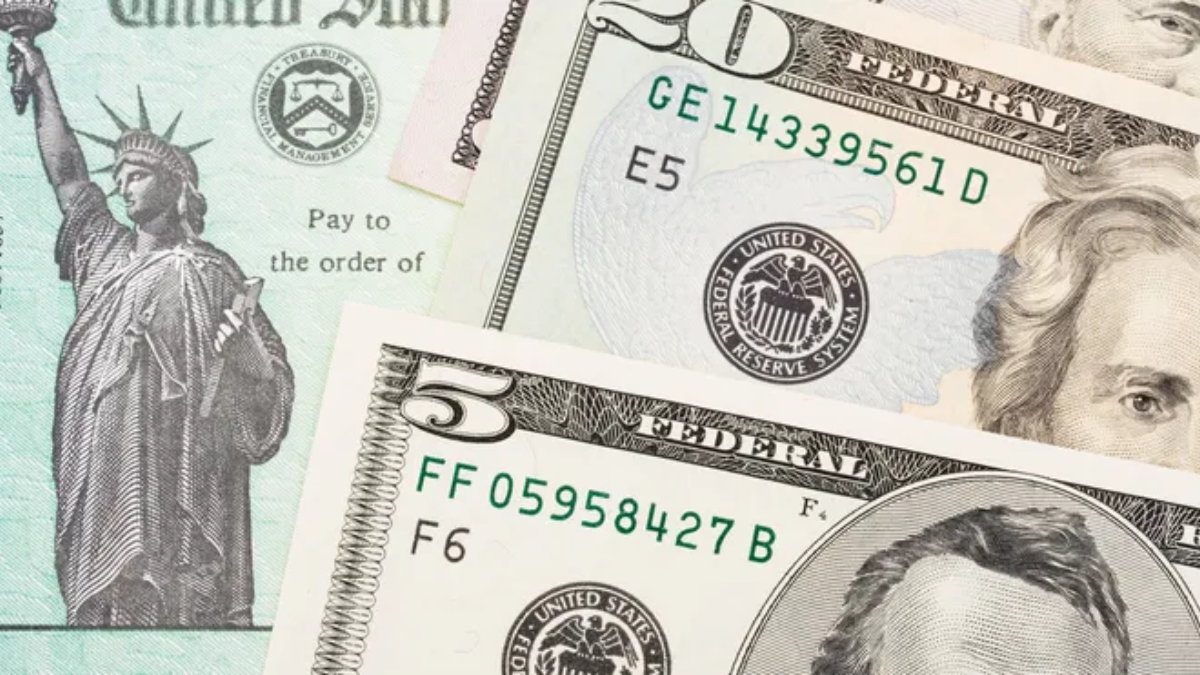A new stimulus initiative is gaining attention in 2025—and it could mean an extra $1,000 added directly to your tax refund. Designed to support working families and individuals affected by inflation and rising costs, the proposed credit aims to deliver fast financial relief. Here’s what you need to know about this potential boost to your return.
What Is the New $1,000 Stimulus Credit?
The proposed $1,000 stimulus credit is a refundable tax credit designed to assist low- to middle-income taxpayers. Unlike traditional deductions, a refundable credit reduces your tax bill and can result in a larger refund—even if you don’t owe any taxes. If passed, this could apply to 2024 tax returns filed in 2025.
Who Is Eligible for the Credit?
Eligibility is expected to be based on income, filing status, and dependent care responsibilities. Individuals earning under $75,000 and joint filers under $150,000 are likely to qualify. Those with dependents, such as children or elderly family members, may also be prioritized.
When Will the Credit Be Available?
If the credit is approved by Congress, it could take effect for the 2024 tax filing season, which means filers would start receiving the extra $1,000 refund when they submit their taxes in early 2025. The IRS would automatically apply the credit for eligible taxpayers.
How Does It Affect Your Refund?
This credit works similarly to the Child Tax Credit or Earned Income Tax Credit (EITC). It directly increases the refund amount or reduces any tax liability. For example, if you were expecting a $1,200 refund, the new credit could boost it to $2,200 if you meet the criteria.
Summary Table
| Credit Feature | Details |
|---|---|
| Credit Amount | Up to $1,000 |
| Eligibility Income Cap | $75,000 (single), $150,000 (joint) |
| Applicable Tax Year | 2024 (Filed in 2025) |
| Claim Process | Automatically applied by IRS if eligible |
| Benefit Type | Refundable tax credit—can increase refund or offset tax |
The proposed $1,000 stimulus credit could be a timely bonus for millions of Americans struggling with rising expenses. If passed, it may offer a simple and automatic way to increase your tax refund. Keep an eye on IRS announcements and prepare your tax documents early to ensure you don’t miss out.
FAQ’s:
1. Do I need to apply for the $1,000 credit separately?
No, if passed, the IRS will apply the credit automatically when you file your tax return, assuming you meet the eligibility criteria.
2. Can I claim the credit if I don’t have children?
Yes, the credit is expected to be available to qualifying individuals with or without children, although those with dependents may receive priority.
3. Is this credit different from the Earned Income Tax Credit (EITC)?
Yes, this is a new and separate credit, although both are refundable and can increase your tax refund.
4. Will the credit be available every year?
As of now, it’s proposed as a one-time credit for tax year 2024. However, future extensions are possible based on economic needs and legislation.
5. What documents will I need to claim the credit?
You’ll need to file a 2024 federal tax return in 2025. Keep your income records, dependent information, and any IRS notices handy during filing season.
